‘I don’t know a nurse who isn’t a little bit broken’ – a chat with Judy Tomkins
Judy Tomkins has been a nurse for more than 30 years. Working in the surgical theatres and recovery wards, she has helped thousands of patients all across Australia. She has worked at some of the most leading hospitals in Sydney, as well as working in more regional areas such as Townsville in North Queensland and now in the local Queanbeyan Public Hospital. Judy has a specialisation in ENT surgery and is the Canberra representative for the OHNNG group, where she has taken on a leadership role, helping to teach and inspire other nurses and medical professionals all while continuing to widen her own knowledge. Judy has dedicated her life to helping others, as as a consequence has at times put herself and her family second to ensure she provides the best care she can to her patients. I had the privilege of talking to Judy about what it’s like to be a nurse under the current nurse to patient ratios and what it is about nursing that is so rewarding.
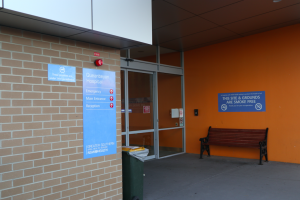
Q. Why did you become a nurse and what is your current role?
I became a nurse because I wanted to help others. I had always been intrigued by the field of medicine but wanted a more personal connection with the patients than what the doctors have. Over the 30 years that I have been a nurse, I have had many different roles including being an ACNC (Acting Clinical Nurse Consultant) of head and neck surgery and been the CNS (Clinical Nurse Specialist) of head and neck surgery. I have held these roles in many different hospitals, in both city and regional locations, as I have frequently moved around the country following my husband, who was in the Army. Now I work at the Queanbeyan Hospital as a CNS (Clinical Nurse Specialist) and Scrub Scout and I am also in charge of all surgical bookings for the hospital.
Q. On average, how many patients are under your duty of care each day?
Depending what department you are working in, sometimes you’ll have 2 staff to take care of the whole ward. The 2 staff would be a Registered Nurse (RN) and an Enrolled Nurse (EN) and between the two of them, they would be caring for approximately 14-16 patients. In this situation, the EN would cover the patient observations with the RN does the pill rounds. Currently in the surgical unit I work in, I’ll process anywhere between 10-30 patients in a day with my team of 4-6 nurses. We take care of them from admitting them to the hospital, prepping them for surgery, scrubbing for the surgery and then recovering them. The number of patients you specifically care for depends on what role you’re scheduled to work for that day.
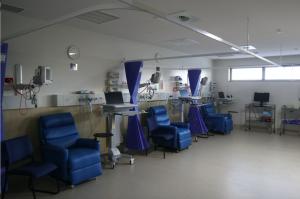
Q. What are your current working hours? Do you ever have to start earlier or end later?
My standard shift is 7:30-6:30, however this depends on the list thats on that day. Sometimes you’ll start later or finish earlier depending what cases we are covering. Usually, if we are understaffed for the day or if someone calls in sick, you’ll be asked to do a double. This means that you start at your start time e.g. 7:30 – 4pm and then stay to cover the next shift until night staff come on which is generally either 9pm or 11pm. Also, as a theatre nurse I am required to stay until my last patient has either gone home, in the case of a day surgery, or until they have fully recovered and can be safely transferred to the general ward. Because of this, I often stay later than my scheduled finish time. This is due to numerous reasons but often includes unexpected complications occurring during surgeries which push the days schedule behind.
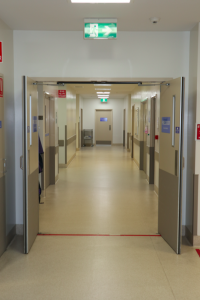
Q. I understand that part of your role is to be on call over night and during weekends, how has this had an impact on your family life?
Being on call impacts your life and your family because you can’t plan to go away. If you do go somewhere, even if its just local, you have to take 2 cars in case you get called in and you can only be a maximum of 30 minutes away from the hospital. I’m also on the close call team. So that’s because I live within a 5-10 minute drive to the hospital and so if there is a true emergency and the on call staff can’t get there fast enough, I’ll be called. So even when I’m not on call, I’m on call. There has been numerous times I’ve gone to see a movie on the weekend and had to leave half way through or leave my groceries in an aisle at the shops because I’ve been called in and had to drop everything to get to the hospital ASAP. It also impacts leave during school holidays and really just puts your whole weekend on pause.
Q. There is currently a lot of talk about nurse to patient ratio’s. What is your view on the current ratios?
Inadequate nurse to patient rations means that the patients don’t receive the quality of care they deserve and often need. It only takes one sick patient for all your time to be taken up by taking care for them and so then the rest of the patients become second priority until the sick patient is stable. And that’s if you’ve got proper nurse to patient ratios so you can imagine if you have inadequate nurse to patient ratios how the lack of care extends quickly to more and more patients.
Q. You’ve said that nurse to patient ratios have a negative effect on the patients, do they have any effect on the nurses?
I don’t know a nurse out there who’s not broken in some way. Nurses who have been around for a while, a lot of them have sore backs and limbs from lifting and being over worked as its a very tiring and hard profession. While it’s very rewarding, the patient load is getting heavier and heavier. When I first started over 30 years ago, it was unusual to have a patient that was over 100kg but now most patients are 100kg+. As a result, more nurses are getting injured, including myself, where I have injured my shoulder and wrists while at work. Also patients are sicker in hospitals now more than ever as we aren’t keeping them in our care as long as we used to due to lack of beds, finances and staff which in turn makes the workload harder and more stressful on our part as there’s the pressure to recover them faster so they are able to go home.
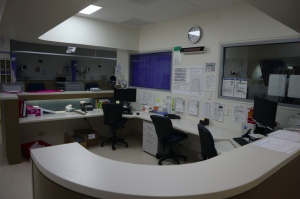
Q. What do you find most rewarding about being a nurse?
Nursing can be very rewarding. You get to have a relationship with the patient and often their families and follow them through their care plan. Even in the surgical theatres, it’s so extremely rewarding as you get the opportunity to change someones life for the better. They could come to you with a cancer and its so rewarding to know that you’ve helped to not only remove something deadly from someone put also give them the opportunity to continue to live a happy and healthy life. Seeing them go home after you’ve helped them through possibly some of the hardest and darkest moments they’ve had to face and seeing the happiness as they get to go home to their loving family is what makes all of the stress and hard work worth it. Theres nothing that can make you feel more accomplished than playing a role in changing someones life and for that I’ll always be proud and happy to be a nurse.
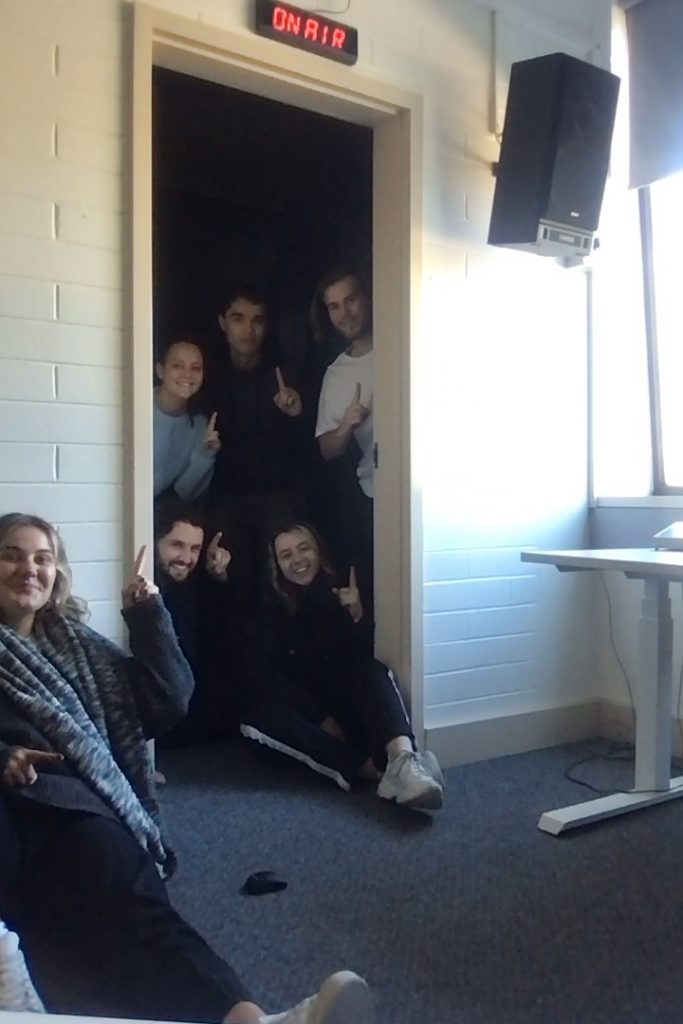
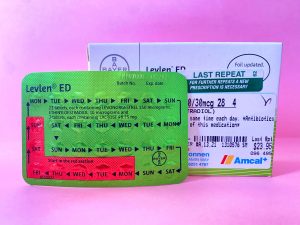
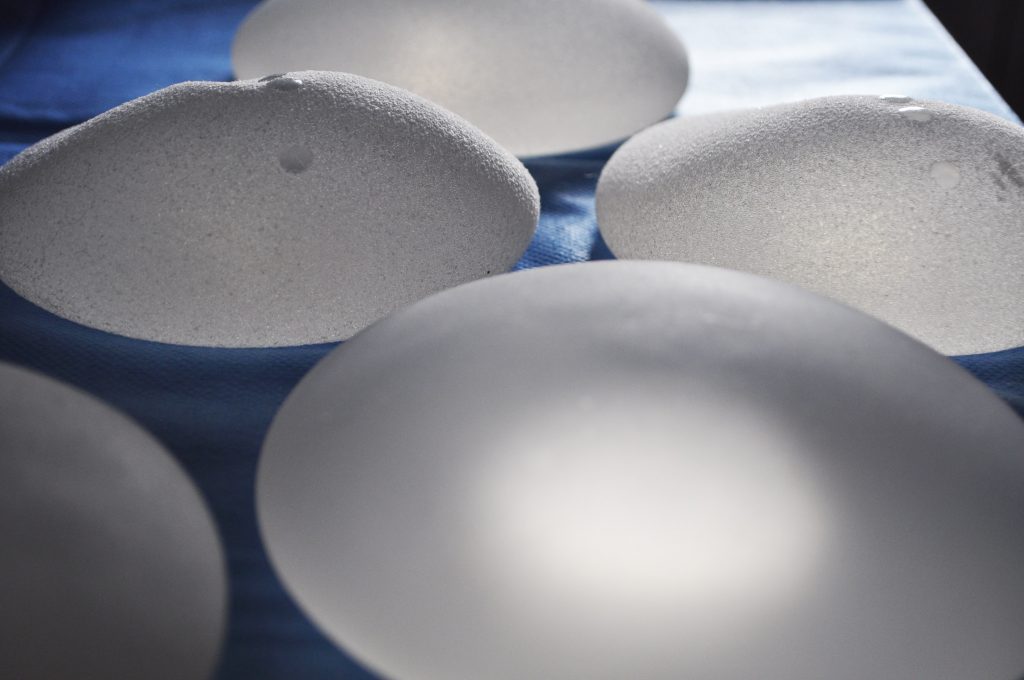
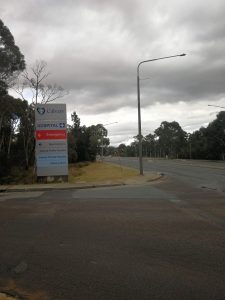

Be the first to comment!